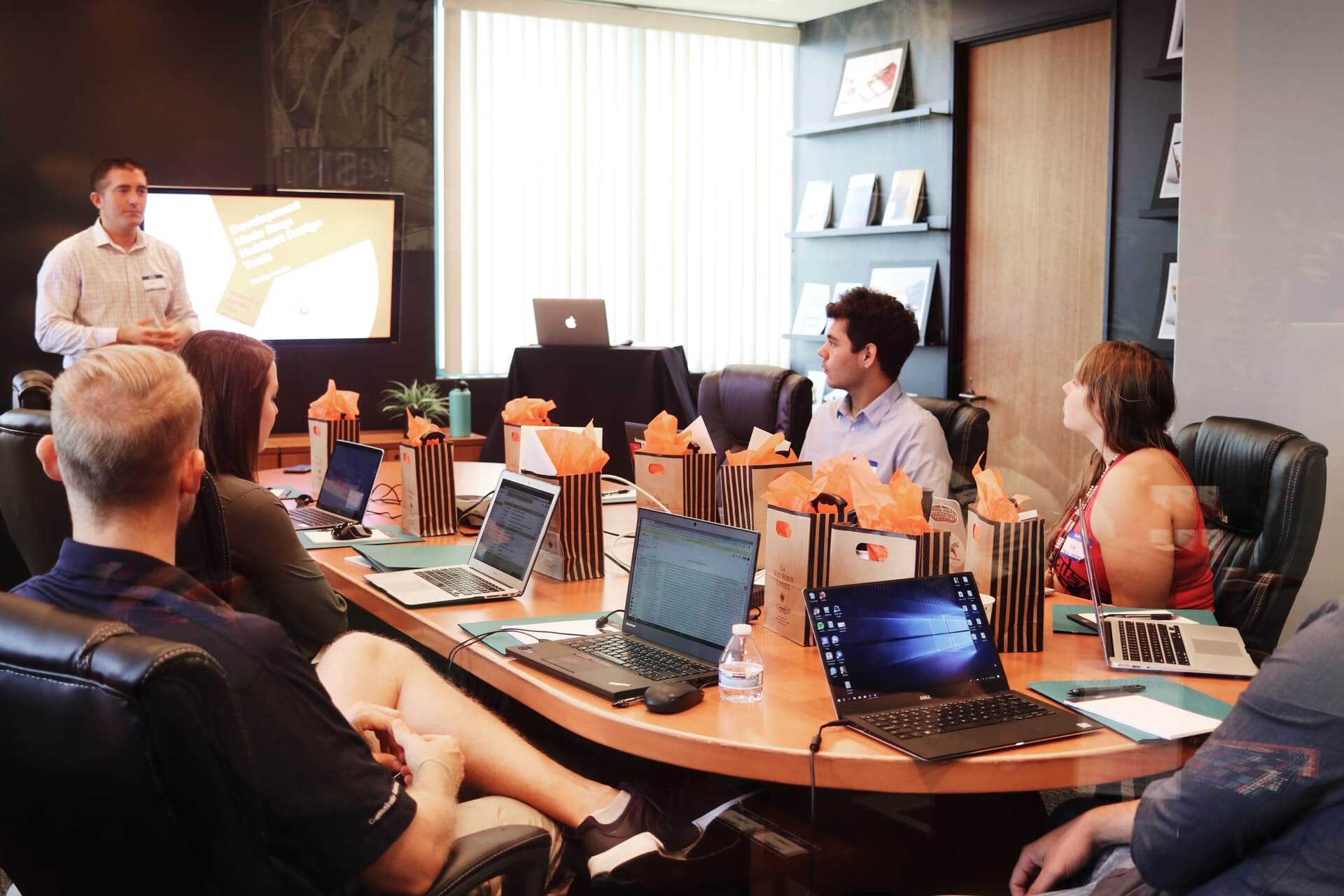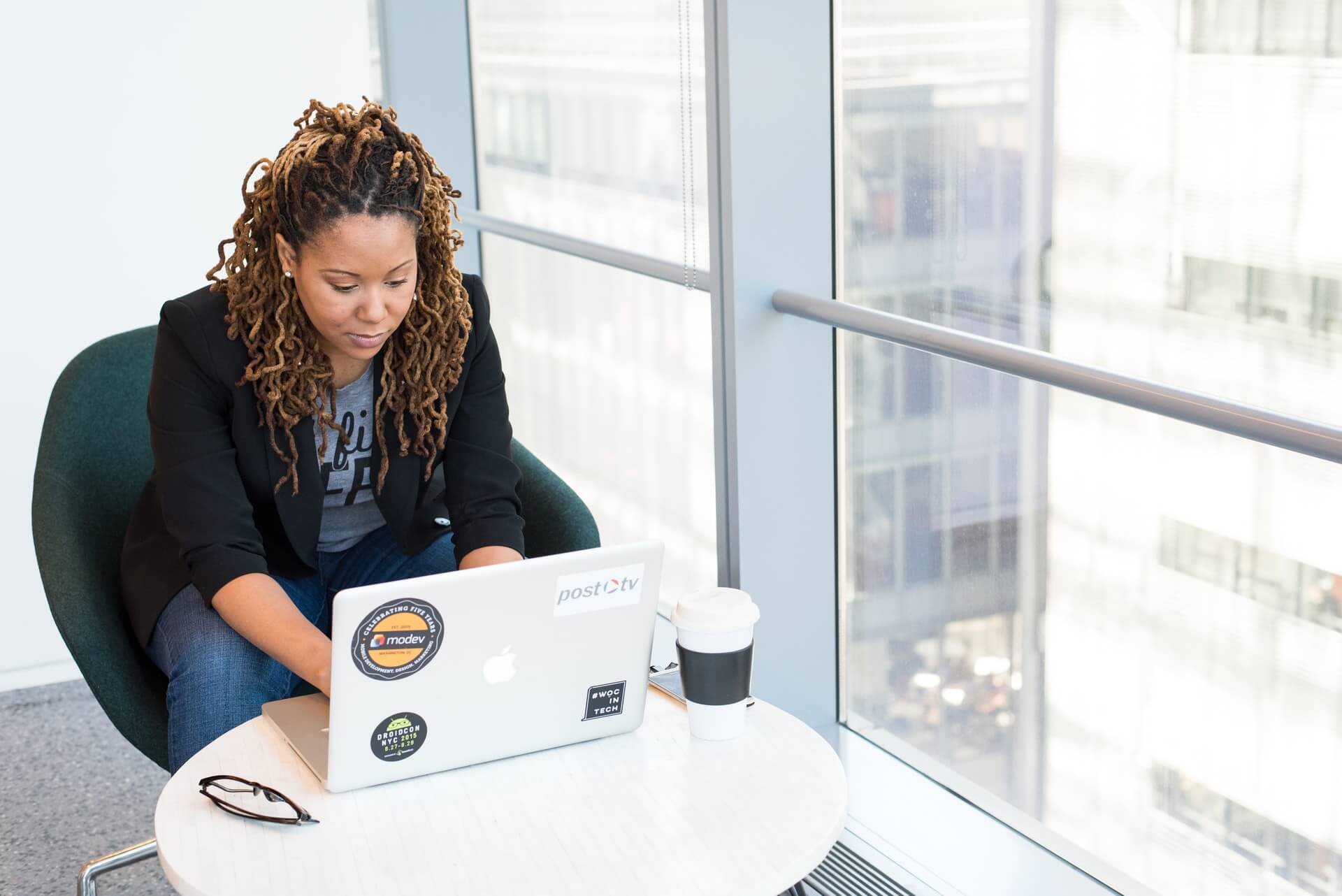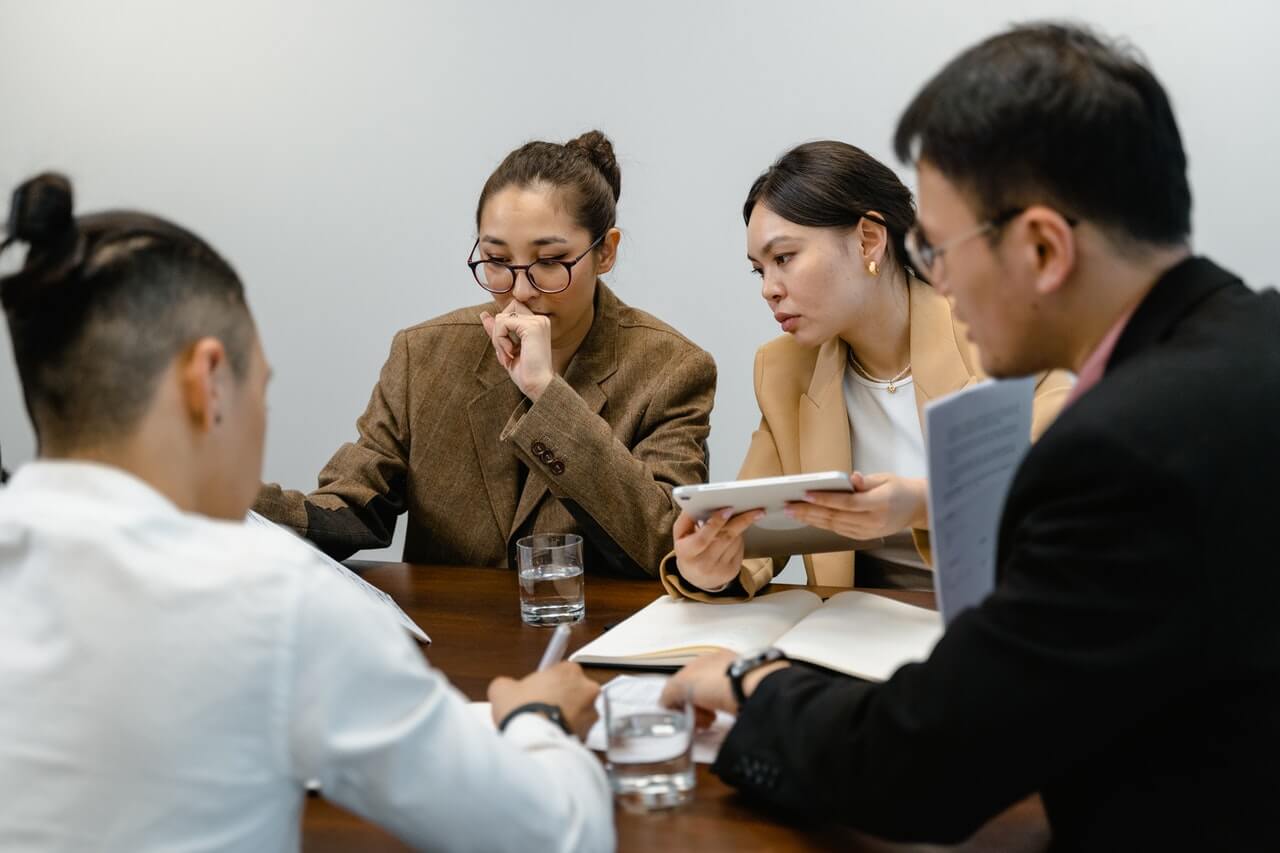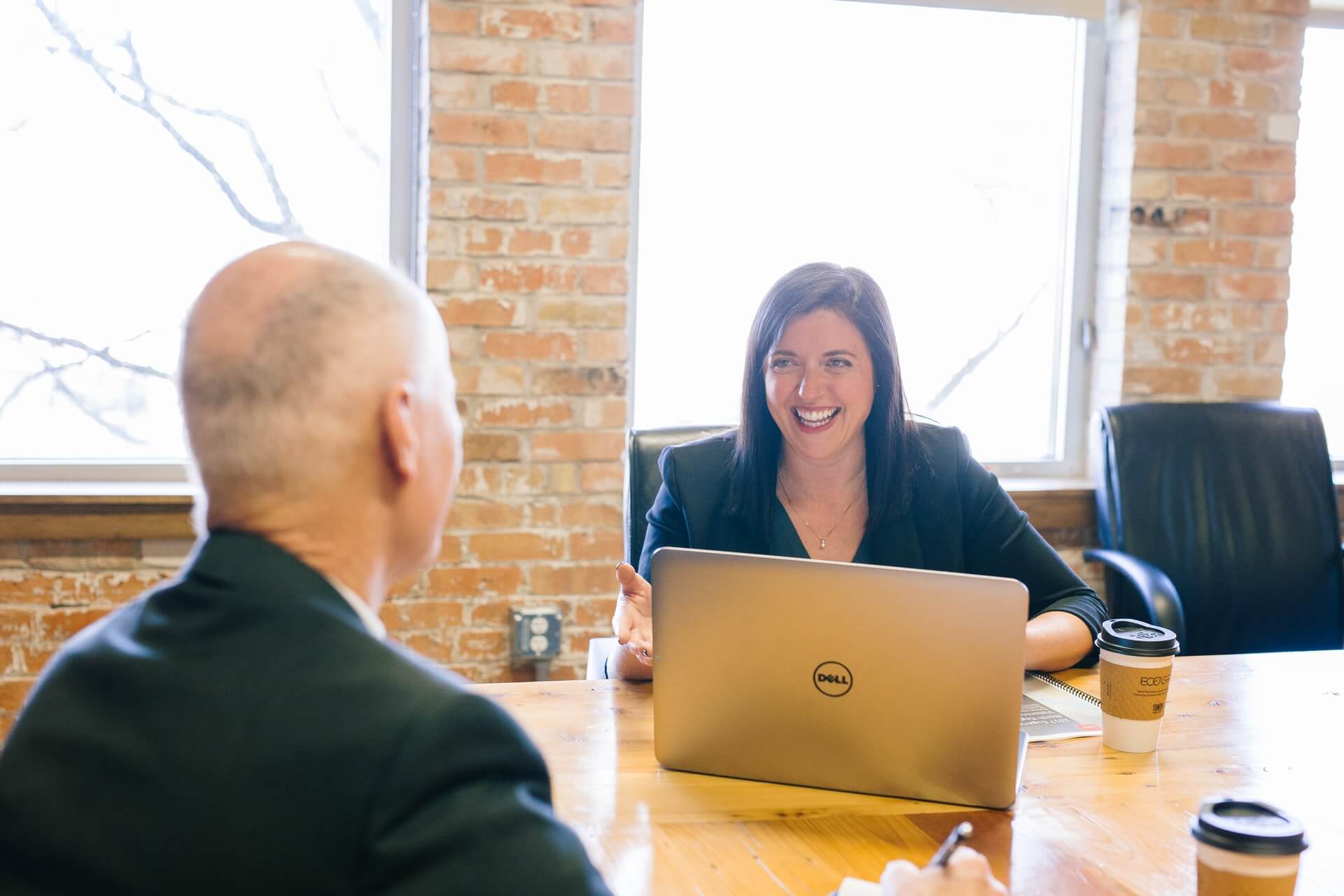… So We’d better Find A Consultant in Our Area.
There is a myth about hiring campaign counsel that, in essence, says that you should hire someone from your area because they will know the area and all the people, and will be better able to point you at the right prospective leaders and donors. That’s very wrong, for two reasons:
1. Any consultant who has worked with other organizations in your area
is ethically bound to keep confidential any information s/he may have
gathered (in the course of working with those organizations) about the
leaders of and donors to their campaigns.
That information belongs to the organization that hired the consultant.
It’s not his/hers to share. After all, you wouldn’t want that consultant
to go on to his/her next gig and tell them all about your donors!!
2. You hire a consultant for his/her expertise, knowledge and experience –
someone who can guide you through a process, not give you all the
answers. Besides, there are no consultants who can give you all the
answers … every campaign is different.
It’s because of those differences that you need a consultant whose
expertise and experience can guide you through the process. It’s not
whom s/he knows in your community or what s/he knows about your
community … it’s his/her expertise, flexibility, creativity and ability
to work with you and your constituents that will make the difference.
Of course, if your organization is located in a major city there will be many consultants and consulting firms, and many (prospective) major donors. That will make it more likely that you can find counsel that would not find him-/herself in a position of conflict of interest.
=-=-=-=-=-=-=-=-=-=-=-=-=-=
Have a comment or a question about starting, evaluating or expanding your fundraising program? Email me at [email protected]. With over 30 years of counseling in major gifts, capital campaigns, bequest programs and the planning studies to precede these three, we’ll likely be able to answer your questions.










